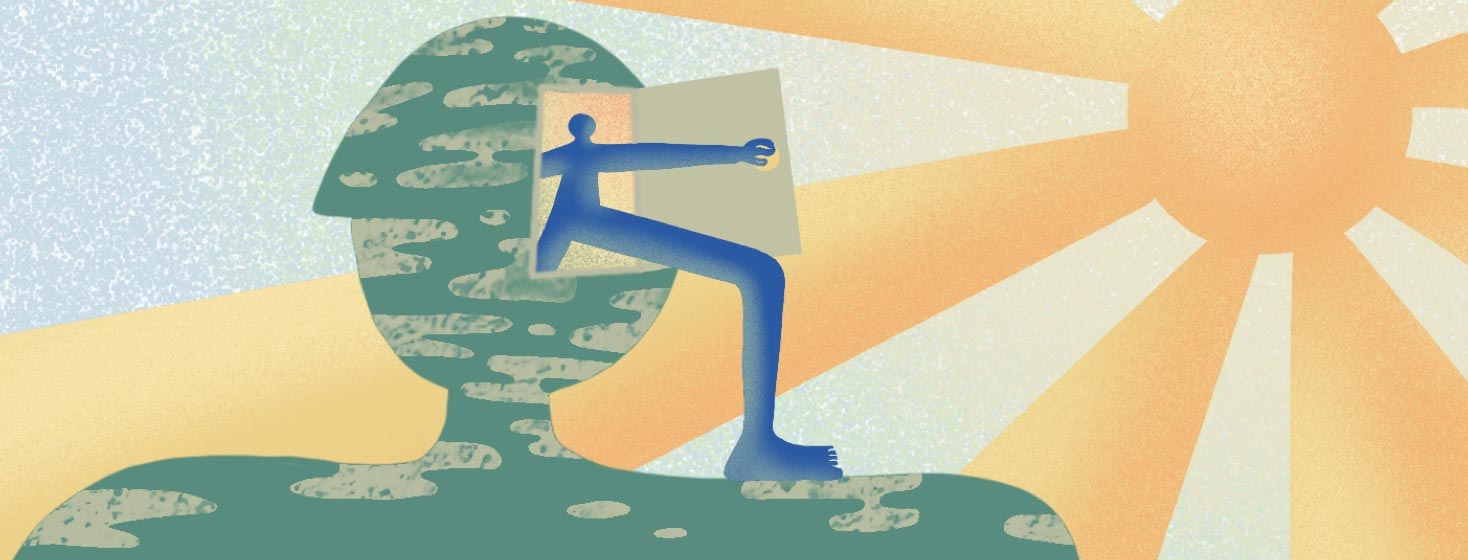Cutting Through the Fog
I have heard "brain fog" referred to as a common complaint for people with sleep disorders and other chronic illnesses. I didn’t give it much thought until the last few months when I realized it was happening to me.
An unpleasant discovery
My car never smells fresh. I have 2 kids who like to throw their snacks around. I invariably find goldfish cracker crumbs under seats when I go to vacuum out the car. Around a month ago, I realized something much worse was happening.
When I opened the car door to drive to work, it smelled like rotten food. On investigation, it turned out there were groceries, including pork, cheese, and butter, sitting in my trunk. They had been there for 3 days! I had forgotten the last bag when I unloaded my groceries.
Patterns of forgetfulness
If the groceries had been an isolated incident, I wouldn’t have given it a second thought. However, this was not a one-off event. I usually show up 5 minutes early when I have plans to meet friends. During the pandemic, my social life has been much quieter but I still meet a friend for coffee sometimes for a socially distanced chat.
A few weeks ago, I made plans to meet my friend for coffee and just completely forgot. I raced there disheveled, apologetic, and 15 minutes late.
Thankfully, my absentmindedness hasn’t impacted my work at the library...yet. The only incident at work of note was that I showed up to work at 8 a.m. when I didn’t start work until 10:45. I turned right around and wasted the best part of the morning driving back and forth.
Sleep apnea and brain fog
Brain fog is common and is defined as “a usually temporary state of diminished mental capacity marked by inability to concentrate or to think or reason clearly.”1
I am not alone in my challenges since brain fog has been linked to obstructive sleep apnea (OSA). People diagnosed with OSA have shown declines in cognitive abilities including memory, attention, psychomotor speed, executive, verbal and visual-spatial skills.2
New coping strategies
I have always relied on my memory and rarely needed to write things down. However, with these recent events, I have recognized that I need help to navigate brain fog. I have been writing appointments and plans on a large calendar in the kitchen and am regularly checking it.
I am using alarms on my phone to remind me to pick up my children. Being diagnosed with sleep apnea is an adjustment. Similarly, coping with some of the side effects, like brain fog, involves letting go of how things were and dealing with the new reality.
I recently read an account of someone struggling with a chronic illness who has a line at the bottom of their email signature which says they have brain fog and might not respond right away. If my last few months have been anything to go by, this might be a good idea for me too.
As for groceries, my family has made it a light-hearted game to check and double-check that ALL the groceries make it out of the car and into the house. I don’t mind the gentle mockery because my brain needs all the help it can get.
Do you experience brain fog and how do you deal with it? Share with the community in the comments below.

Join the conversation